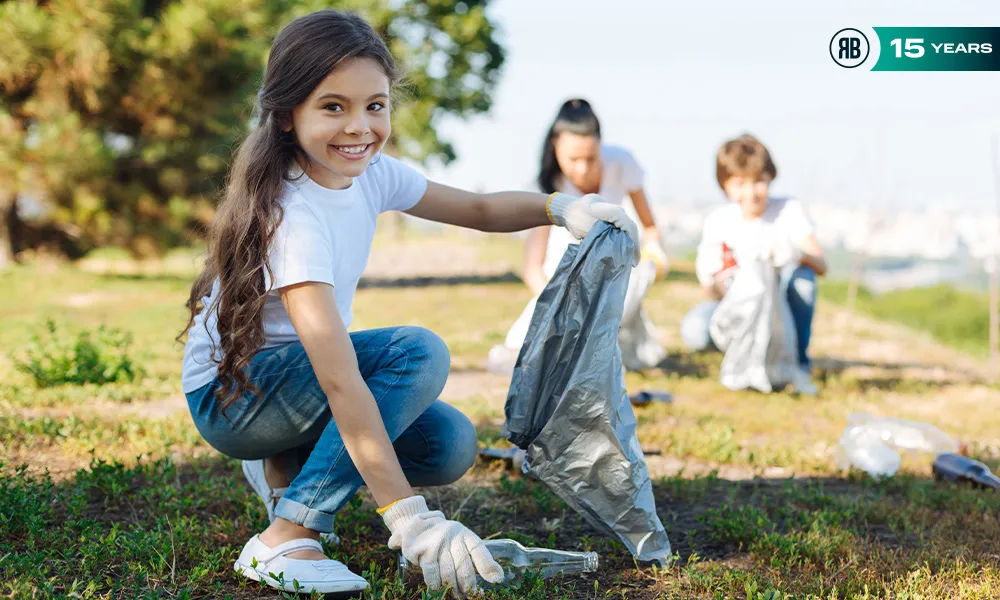Managing water in tourist accommodations
News
January 17, 2024

Content in collaboration with Bioscore Sustainability, a sustainability consultancy for tourism companies.
Amidst an extreme drought affecting more and more parts of Spain, efficient water management becomes an urgent and crucial responsibility for all sectors, and tourism is no exception.
In this context, the tourism industry, being one of the most affected and water-dependent sectors, finds itself at a crossroads, needing to adopt sustainable measures to preserve this vital resource. In this entry, we will explore the importance of efficiently managing water use in tourist accommodations, highlighting the current situation in Spain and presenting different possible solutions such as the water footprint, monitoring and intelligent management, and investments in sustainable infrastructure.
The drought in Spain
"34% of Spain, on alert or in a state of emergency due to water scarcity"
"The drought in Spain is already the longest in the south and the most intense in the northwest"
"One of the most costly climate disasters of the year in the world"
These headlines are not only an alarm signal for the general public but also a clear warning for the tourism industry. This sector, which is among the most affected by water scarcity, must assume an active responsibility in the sustainable management of this fundamental resource. Reducing the water footprint becomes an unavoidable priority, and in this context, commitment is required to stop this reality.
What sustainable solutions exist for water management in tourist accommodations?
Sustainable water management in tourist accommodations is essential to address the challenges related to the scarcity of water resources. Various sustainable solutions are available to help these establishments reduce their water footprint and promote responsible practices. Some of the most prominent solutions include:
- Water footprint. The first step, perhaps the most important and simple, since if you don't measure what is spent, you won't be able to implement measures for the efficient use of water. At Bioscore, they provide you with a management system that allows you to calculate the water footprint of your organization under the international standard of the Sustainable Hospitality Alliance, used by more than 35,000 hotels worldwide.
- Rainwater harvesting and reuse. This implementation can significantly reduce dependence on potable water sources, especially for non-potable activities such as garden irrigation or cleaning.
- Water-saving technologies. The installation of efficient technologies, such as low-flow faucets and showers, dual-flush toilets, and high-efficiency laundry systems, can drastically reduce water consumption without compromising the quality of service.
- Awareness and education programs. Promoting awareness among staff and guests about the efficient use of water can have a significant impact. Educational campaigns and the promotion of sustainable practices can inspire behavioral changes.
- Monitoring and intelligent management. The implementation of monitoring and intelligent management systems allows real-time tracking of water consumption in different areas of the establishment. This facilitates the identification of areas for improvement and the optimization of operational processes.
- Sustainability certifications. If you have a tourist establishment with swimming pools, leisure areas or outdoor areas of a resort, the proper use of water is certainly one of your top priorities. A few months ago, Bioscore, together with The Fun Lab, launched the first worldwide certification for sustainable exteriors under ESG criteria: Blue Leaf Bioscore.
- Xeriscaping and sustainable landscape design. Adopting sustainable landscaping practices, such as xeriscaping, which uses plants adapted to dry climates and requires less water, can reduce the need for irrigation and conserve water resources.
- Responsible use policies. Establishing internal policies that encourage responsible water use, such as the reuse of towels and linens by guests, contributes to reducing daily consumption.
- Investments in sustainable infrastructure. Investing in sustainable infrastructure, such as water treatment and purification systems, can ensure a more efficient and safe supply, while reducing dependence on external sources.
Moving to responsible action
The current situation in Spain urges us to act quickly and responsibly. Efficient water management is also an opportunity to stand out in the market as leaders committed to sustainability. Therefore, you must take action and have the necessary tools to carry out this management effectively and in accordance with recognized international standards.
If you haven't stopped to measure, now is the time. Invest in a water footprint management system that provides a comprehensive solution. This step not only benefits the environment, but also strengthens the position of tourist accommodations in the global market.
The adoption of sustainable practices is not only a smart strategy for long-term success in the tourism industry. The urgency is clear, and the responsible response is to adopt concrete measures to preserve the most precious resource: water. Are you ready to make a difference?


.jpg)




